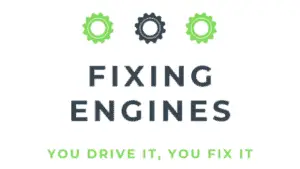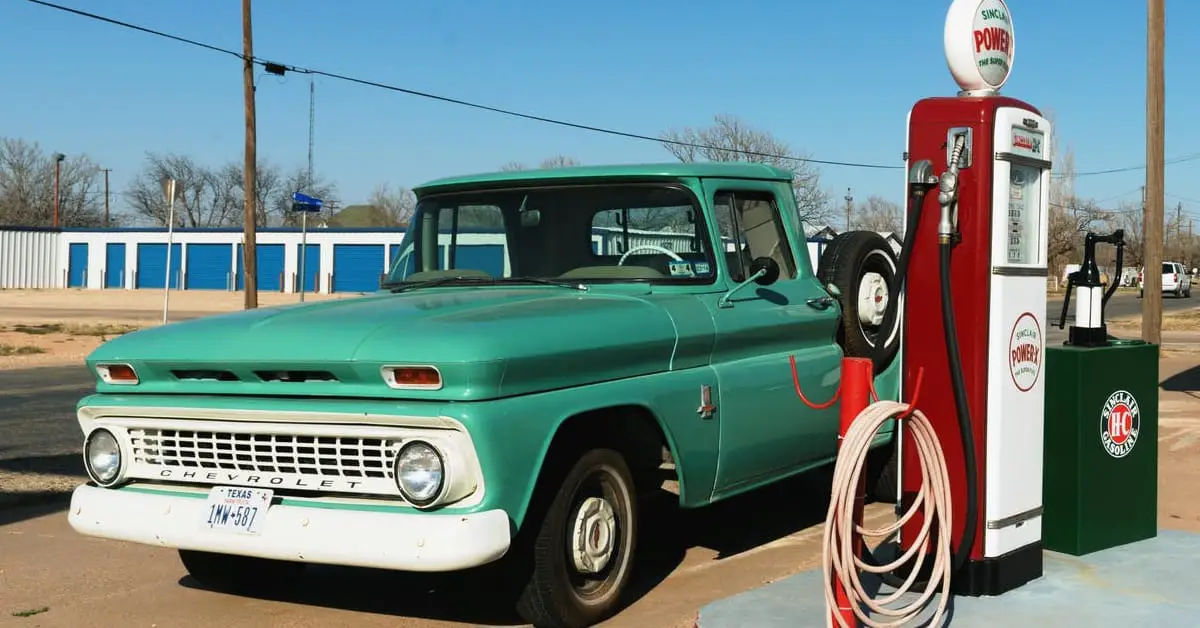Every vehicle owner understands the importance of a fuel line as it helps to transport fuel from the tank to the engine. I recently noticed a bubble in my fuel line, and it became a cause for concern. Like a few other vehicle owners, I began to wonder what was causing the air in my fuel line.
Any air leak on the vacuum (suction) side of your vehicle’s fuel system – from the fuel tank pick-up to the lift pump – can cause air bubbles. Air bubbles will appear in the clear cover of the Fuel Pro if there is an air leak in the fuel system. Examine the state of all gasoline lines, as well as the linkages between solid lines and rubber flexis if you notice an air bubble.
If you’ve noticed that air got into your fuel line, there’s no need to panic as it’s a fixable issue. I’ve highlighted the possible causes of air in a fuel line and other facts that’ll help you tackle the situation. Read further to also learn how to get air out of a diesel fuel line.
What Are the Symptoms of Having Air in the Fuel Line?
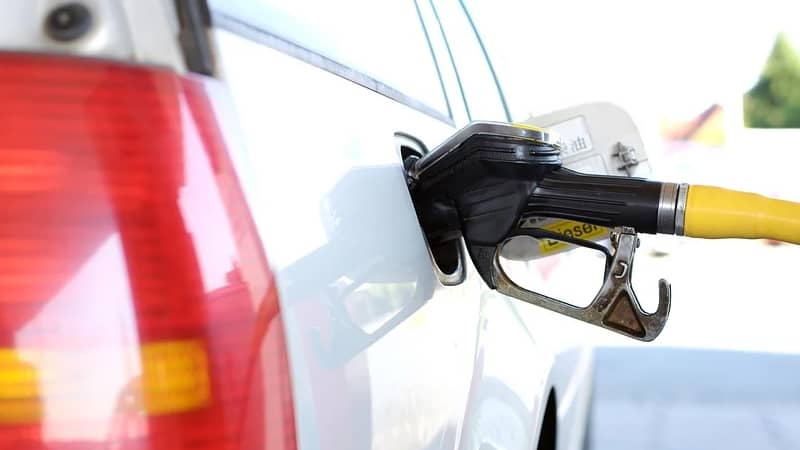
Stalling, hiccuping, or refusal to start can all be caused by air pockets in a fuel line. To keep your car operating smoothly, keep your fuel lines clear of air.
Is it also necessary for a gasoline filter to contain air? Unless you can bleed a fuel filter, it will have air in it. It begins with air and gradually fills up. You can replace a lot of parts or determine whether the issue is what you believe it is or something else different.
What is Causing Air in my Fuel Line?
Any air leak on the fuel system’s suction side from the fuel tank and even the lift pump causes air bubbles. Air bubbles will appear in the transparent cover of the Fuel Pro if there is air leakage in the fuel system.
With all autos, pressure builds up within the gas tank. Fuel tank vapors are used to escape into the atmosphere with older vehicle models. Gas tank vapors are not being directed back to the engine properly if your car lets out air from its gas tank filler every time you unscrew the gas cap.
How Do You Get Air out of a Diesel Fuel Line?
To remove air from the low-pressure side of your diesel fuel system, carefully open bleed ports and fuel-line unions downstream of the pump one by one. Always start with the ones closest to the diesel fuel pump, and keep pumping until only diesel, not air, runs out.
What is Airlock in Fuel System
Air seeping into the gasoline delivery line or coming from the tank causes airlocks. Airlocks can be removed by using the starter motor to start the engine over for a short period of time or by draining the fuel system. Self-bleeding electric pumps in new diesel injection systems avoid the problem of airlocks.
How to Keep Car Fuel System Clean
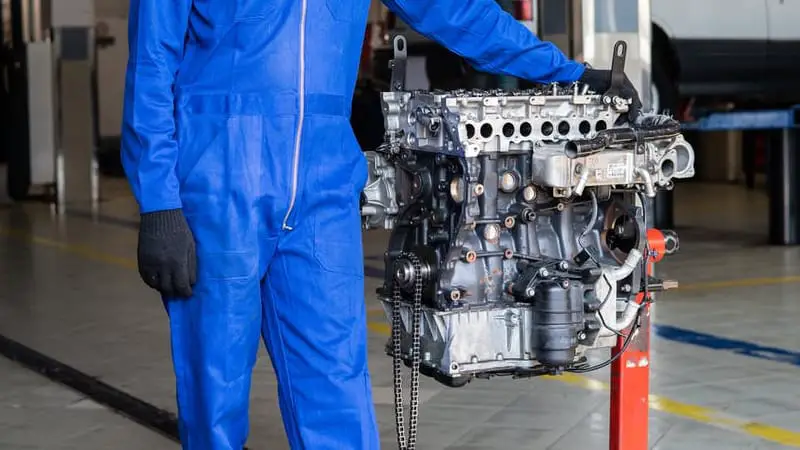
To begin, thoroughly inspect your fuel system by driving the car to assess its performance. It should drive smoothly, you should be able to accelerate quickly, and you should be able to change your speed quickly. The engine’s condition and the car’s mileage will have an effect on how the vehicle drives.
Examine the color of the fuel if your vehicle’s fuel filter is clear. If the fuel seems to be dark, the vehicle’s fuel system will need to be flushed. Smell the petrol by opening the lid to the fuel fill area. The fuel is bad if there’s an odor-like varnish.
Examine the fuel tank and fuel lines to see if they’re in good shape. If any of the gasoline lines are cracked, moisture will enter. The gasoline tank could become brittle or corroded over time as a result of routine use.
When a vehicle’s engine is started, residual fuel is allowed to remain in the combustion chambers. The vaporized gases will settle on every surface in the chamber, including the fuel injector and nozzle, as the engine cools. The residue may affect the effectiveness of the fuel injector and its capacity to supply fuel to the engine as time passes.
This isn’t entirely avoidable, but if the engine has worked particularly hard (due to high temperatures or a bunch of uphill driving), it’s a good idea to let it cool before turning it off. It may assist in prolonging the injector’s life if you drive more cautiously at the end of a trip.
Impurities such as residue can be left on injectors due to a vehicle’s engine’s cooling and heating cycles. Cleaning them will be substantially more time-consuming and tough as a result of this. While it is possible to perform it at home, only do so if you have the necessary knowledge.
The fuel system, and also gas, can block fuel injectors with many forms of debris. Though impurity-filled petrol is becoming increasingly rare, many major fuel stations will also have high-quality fuel. Even so, debris will find its way into the fuel system and cause damage.
The gasoline filter will catch the majority of the pollutants, but a tiny quantity will still make its way inside.
How to Clean Your Fuel Tank
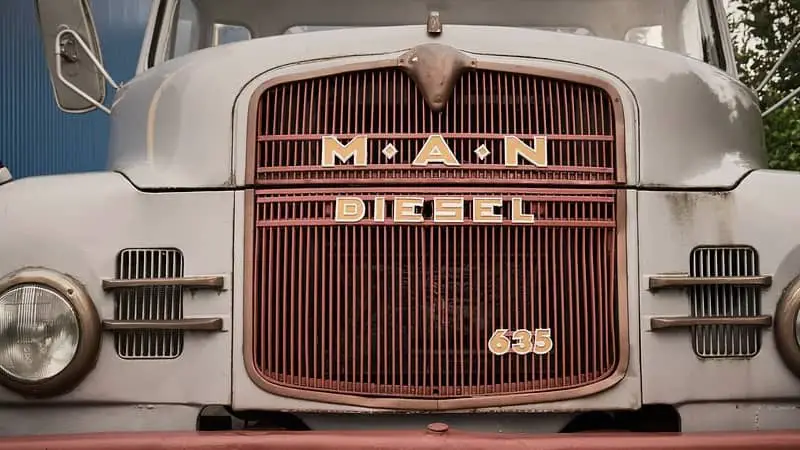
When working on a vehicle, it is always critical to wear safety glasses. In addition, other personal protection equipment, such as close-toed shoes or latex gloves, must be worn as needed.
To do a simple clean, place a fuel system additive inside the fuel tank and top off the fuel level with new gas according to the fuel system additive’s recommendations. Then, take the car for a quick test drive to see whether it has improved.
Whenever there’s residue inside the gasoline tank, removing the tank and rinsing it out is feasible. However, this is a time-consuming service that should not be performed frequently.
The fuel lines can be flushed out if there is dirt in them, but the soft gas hoses should be replaced if they are beginning to show signs of wear. Fuel injectors can be flushed to eliminate dirt, but the injectors must be thoroughly cleaned to remove baked-on residue. They’ll have to be taken out, cleaned, and tested.
If the problem persists, a more thorough examination of the fuel system and drive train may be required. If your condition is more serious than you can handle at home, get expert help.
